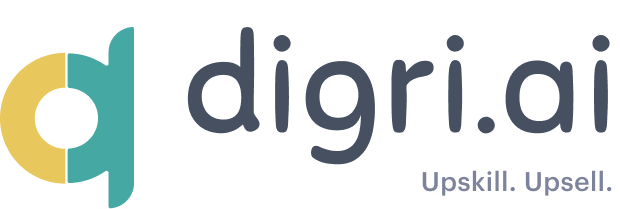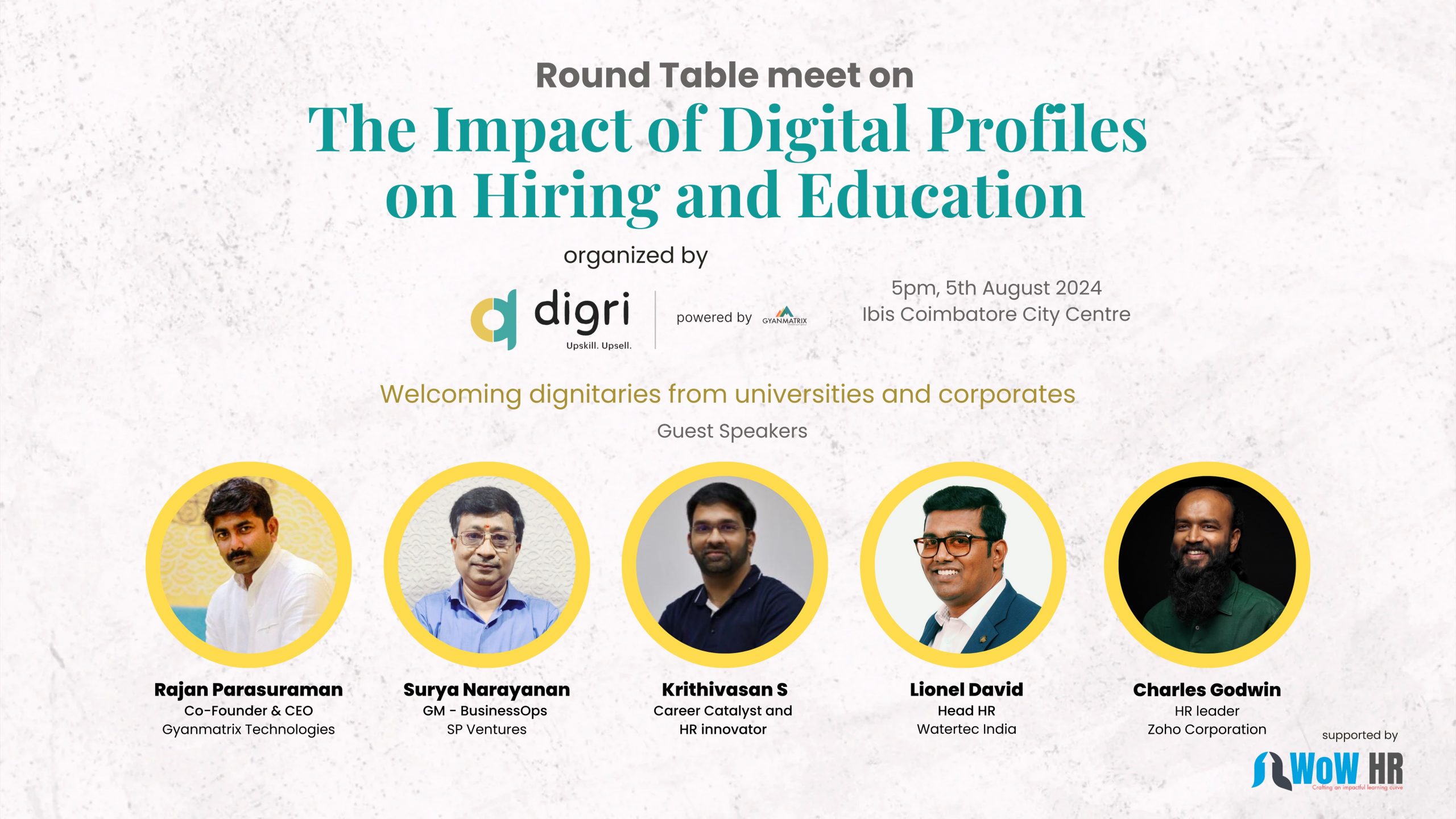
Introduction
Every year, thousands of students graduate with degrees in computer science and engineering, yet they enter the job market labeled as “freshers.” Despite four years of intensive study, these graduates often lack the practical skills and experience that employers seek. This reality poses a significant challenge for both the graduates and the industry, raising questions about the effectiveness of our current education system.
The Core Issue
Academic vs. Real-World Skills:
While universities provide a solid theoretical foundation and try to include as many lab-based practicals as possible, these efforts often fall short of equipping students with real-world software development experience. This disconnect leaves graduates unprepared to meet the demands of the industry from day one.
The “Fresher” Label
Being labeled as a “fresher” implies a lack of experience, regardless of the knowledge acquired during their academic journey. This perception can be demoralizing for students and a red flag for employers, leading to longer recruitment processes and higher training costs. But why are they still labeled as freshers? With the “practical labs” and so-called gap-bridging initiatives, why hasn’t this status quo changed? It’s time to challenge this narrative. When will we see a shift where graduates are recognized as experienced professionals instead of freshers?
Impact on Industry
Time and Resource Drain:
Companies invest significant time and resources in training fresh graduates to bring them up to speed with industry standards. This training period could be better spent on immediate contributions to projects and innovation.
Skill Mismatch:
The gap between academic learning and industry requirements often results in a mismatch of skills, affecting productivity and efficiency. Employers need candidates who can hit the ground running, but the current system falls short of producing such job-ready professionals.
The Need for Change
Integrating Practical Experience:
Colleges often claim they provide extensive practical labs and hands-on experience, but these are not enough. Real-world software developer experience is still missing. Why are students only being prepared as learners and not as developers? It’s crucial to integrate real-world projects, internships, and industry collaborations into the curriculum to ensure students can claim 4+ years of genuine software development experience by the time they graduate.
Adopting Advanced Learning Platforms:
Innovative platforms like digri offer a solution by transforming students into experienced professionals through dynamic digital profiles, AI-driven learning paths, and real-world product development scenarios. These tools ensure that graduates are not just knowledgeable but also skilled and ready to contribute from day one.
Conclusion
The current education system must evolve to meet the demands of the modern job market. By incorporating practical experience and leveraging advanced learning platforms, we can produce graduates who are more than just “freshers.” It’s time for a debate on how we can better prepare our students for the challenges and opportunities of the real world. Let’s bridge the gap and create a future where every graduate is a job-ready professional.
#EdTech #AI #StudentSuccess #JobReadiness #FutureOfLearning #SkillDevelopment #PlacementExcellence



